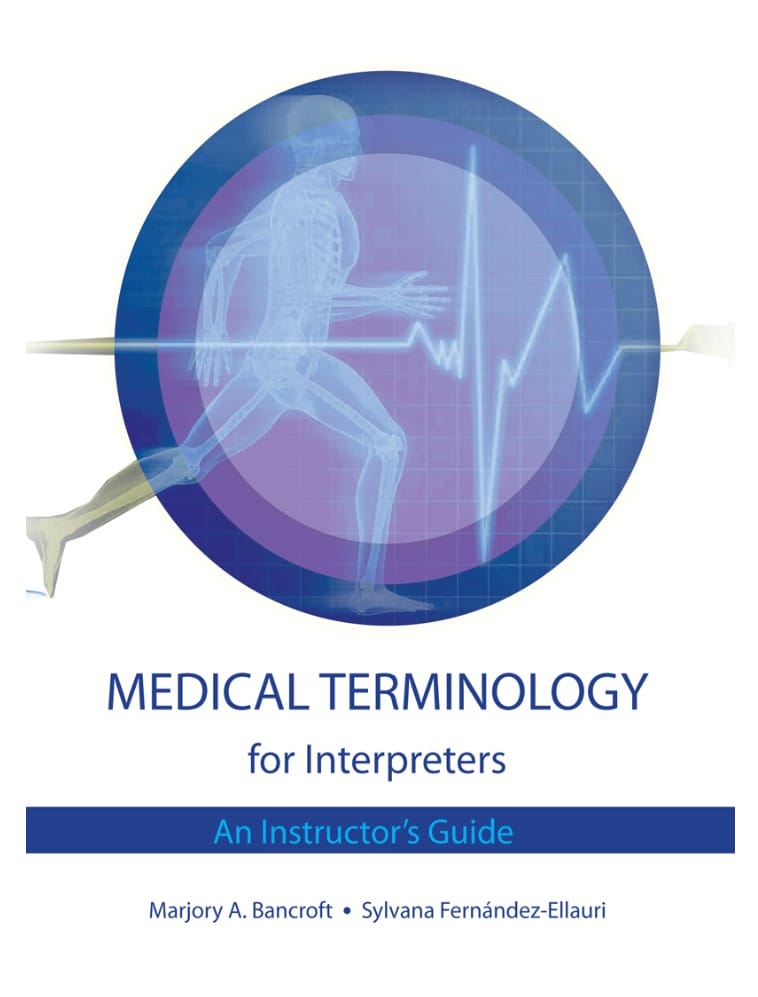Holiday Schedule Notice: We have limited helpdesk support from Dec 24 - Jan 5. Full service resumes Jan 6. We look forward to supporting you in 2026!

$195.00
Authors: Marjory A. Bancroft, MA and Sylvana Fernández-Ellauri, MD, CMI
Year Published: 2019
Edition: 3rd (supports 4th edition of Medical Terminology for Interpreters)
Pages: 296 (in full color!)
Publisher: Culture & Language Press
ISBN: 978-1-7339641-3-5
Please note: the electronic supplemental materials may be freely downloaded by TCII licensed trainers by accessing the trainer site; the electronic version of the guide is also available there.
Holiday Schedule Notice: We have limited helpdesk support from Dec 24 - Jan 5. Full service resumes Jan 6. We look forward to supporting you in 2026!
Intersect is our weekly e-newsletter with breaking news on language, culture and interpreting. Join 20,000+ subscribers in over 100 countries!